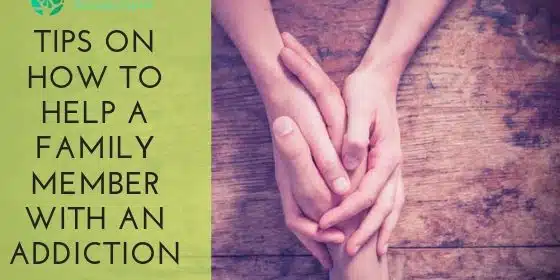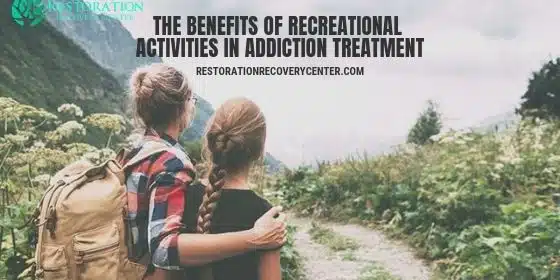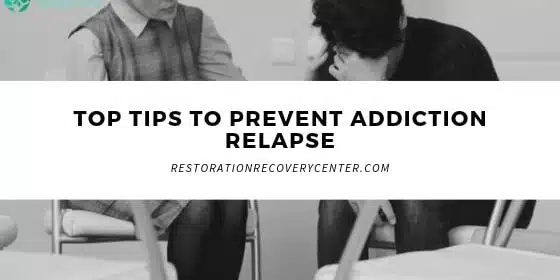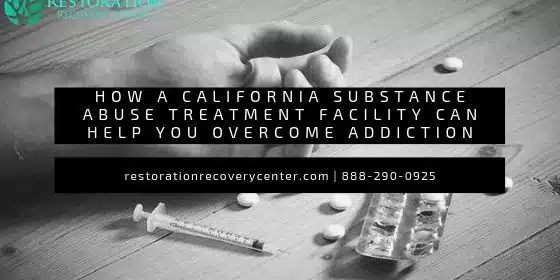How to Build a Relapse Prevention Plan and Stick to It
Have you ever heard the saying, “Failing to plan is planning to fail”? This particularly applies to SUD recovery. For many people in addiction recovery, a relapse prevention plan can help people stick with their recovery plans and prevent relapse, even during stressful situations.
What Is a Relapse Prevention Plan?
A relapse prevention plan (RPP) is a set of strategies that people in addiction recovery can use to prevent relapse when faced with a tempting situation or trigger. Relapse refers to falling back into former destructive habits or conditions. Most researchers view relapse as a process rather than a set event. This type of recovery plan aims to help people learn how to manage high-risk situations that could cause them to drink or use drugs again.
A relapse prevention plan usually entails a personalized set of tools, coping skills, and strategies that help you deal with cravings and life stressors. A relapse prevention plan should be created in collaboration with your treatment team at the end of rehabilitation. It will likely be revisited periodically throughout the rest of your life to ensure it’s working for you.
Why Is the Relapse Prevention Plan So Important?
Your plan will equip you for situations that trigger drug or alcohol cravings and the temptations and challenges you’ll face as you transition back into your normal routine.
Here’s a closer look at why the relapse prevention plan benefits your recovery:
- It helps you understand what triggers cravings.
- It provides structure for managing cravings.
- It helps build confidence in your recovery skills.
- It gives you an opportunity to practice those skills.
- It’s personalized to your personal needs, struggles, and goals.
- It’s usually based on proven strategies suggested by research.
- It can be adjusted over time to reflect your changing needs.
- It encourages positive habits that support a healthy lifestyle
How Do I Develop My Own Personalized Plan?
Whether or not you’re in formal treatment, it’s important to develop a plan as early as possible. Your goal should be to have one ready by the time you leave treatment or before you start trying to stay sober on your own.
Incorporate these steps into your relapse prevention plan:
- Recognize triggers. Make a list of the situations and people that make you want to use alcohol or drugs. The list may include places, things, and people who make you feel uncomfortable, angry, sad, or happy. To help prevent relapses, you must know what will trigger you. If you recognize when you are getting closer to using again, you can use your relapse prevention skills to stop the urge before it gets too strong.
- Predict situations. Once you know your triggers, think about how you respond to each situation. Do not wait for a situation to happen before thinking about how to deal with it. Instead, come up with ways to cope with the situation. Then choose the one that would work best for that situation. This helps make difficult decisions easier because they have already been made ahead of time.
- Set goals. Setting goals helps you stay motivated and focused during your recovery. To set goals, identify specific areas in your life that you want to improve. This might include issues like finishing a degree program, gaining new employment, improving your finances, or repairing relationships with friends and family. Setting goals can help you stay motivated and focused on your recovery process.
- Devise distraction tactics. If you think about using again and wonder what it would be like, distract yourself with another activity. Go for a walk, call a friend or family member, work on a project or read a book. It may help to create a list of activities ahead of time that you can turn to when you need to distract yourself from an urge or craving.
- Build a support system. The real risk of relapse comes from isolation, so make sure you connect with people you can turn to for support or guidance. Many people find it easier to maintain sobriety when they have an accountability partner or a support group who holds them accountable for their actions.
- Practice relapse prevention strategies regularly. There’s no point in having an RPP if you never use it. Practice what you would do during each situation so you are prepared and have some techniques already in place when they arise.
How Do I Stick With My Relapse Prevention Plan?
Relapse prevention plans provide a solid foundation for long-term sobriety. But it’s important to remember that your plan is flexible and can be updated as your life changes.
If you’re struggling, try these tips to make your relapse prevention plan more effective:
- Keep notes on what you do during the day. This includes the time you wake up, eat meals, take your medication, and so on. If you notice any patterns of behavior that trigger cravings or lead to relapse, work with your treatment team to find ways to avoid these triggers or cope with them better in the future.
- Don’t worry about missing a day or two. It’s impossible to stick perfectly to a relapse prevention plan 100 percent of the time. Don’t stress if you miss a day or two of keeping notes or forget an exercise from your plan. Just get back on track as soon as possible.
- Talk to loved ones about your plan. Sometimes it can be helpful to involve family members and other close friends in your relapse prevention plan. Do they notice any patterns that trigger cravings? Are they willing to help with certain components of the plan?
Anyone who has struggled with drug and alcohol addiction can benefit from having a relapse prevention plan. When someone gets treatment for an addiction problem, their goal is to overcome the problem and regain control over their life. They do so through counseling and developing healthy coping skills that support their sobriety. Relapse prevention planning helps people in addiction recovery prepare for situations they may face after completing treatment. It also offers them guidance on getting through their triggers or high-risk situations without drinking or using drugs again. Restoration Recovery Center provides advanced treatment for substance use disorders and co-occurring disorders. Our program helps you overcome your reliance on substances, address underlying issues, and teach you strategies to avoid relapse. We can help you take the next step towards recovery. Call us today at (888) 290-0925 to learn more about our treatment programs.






